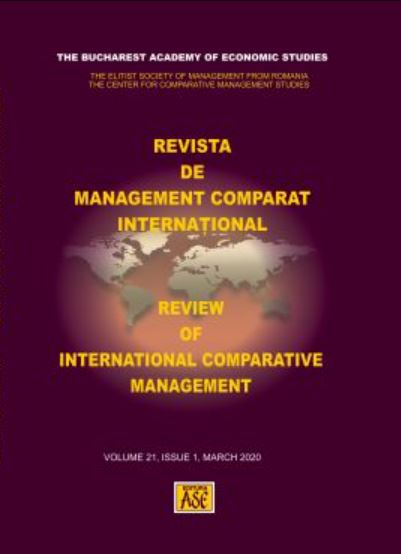Employers Expectations regarding University Graduates Competences. Case Study: The Bucharest University of Economic Studies Graduates
Employers Expectations regarding University Graduates Competences. Case Study: The Bucharest University of Economic Studies Graduates
Author(s): Maria Liana Lăcătuş, Camelia StaiculescuSubject(s): Labor relations, Higher Education , Socio-Economic Research
Published by: EDITURA ASE
Keywords: graduates; readiness to work; employers’ expectations; labor market; employability;
Summary/Abstract: For universities, the labor market represents a reference and, in the same time, an indicator of the quality, utility and necessity of the educational programs they are providing, It is the place where educational activity is validated both from the perspective of the life content of the programs offered to different categories of learners and the effort implied to successfully graduate the program, but also from the perspective of the conformation at the present and future economic reality. More than non-economic universities an economic one such as The Bucharest University of Economic Studies with the mission to provide higher and in-depth knowledge in the field of economic sciences and to develop competences required to economists and professionals for public administration functions will demonstrate its own value through the value of its graduates and through their contribution to the keep the economy in function and to develop it. For every graduate who is willing to have a career and searching for success, to find a job and to be able to keep it are essential. The paper is analyzing how educational offer of The Bucharest University of Economic Studies, the most important economic university in Romania, is adapted to the employers’ expectations and requirements. Employers’ opinions regarding the university programs, students’ knowledge, competences and work experiences are analyzed together with their recommendations for educational programs with higher impact on students’/graduates’ employability.
Journal: Revista de Management Comparat Internațional
- Issue Year: 21/2020
- Issue No: 1
- Page Range: 4-11
- Page Count: 8
- Language: English

